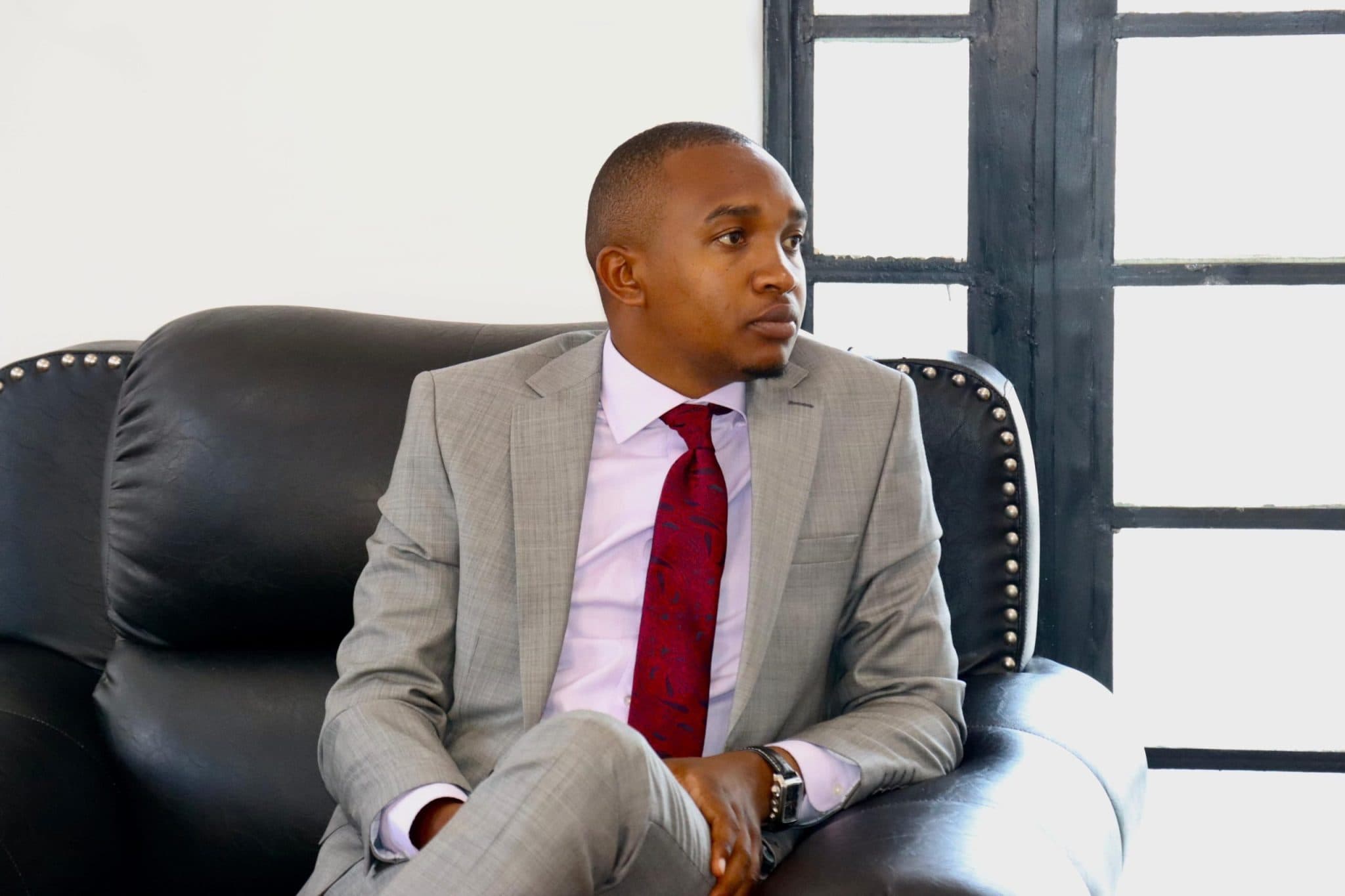We're loading the full news article for you. This includes the article content, images, author information, and related articles.
Former presidential aspirant Morara Kebaso has revealed the profound emotional distress and reputational damage he endured from online trolling during his campaign, sparking renewed debate on cyberbullying in Kenyan politics.

Political activist and former presidential aspirant Morara Kebaso has publicly disclosed the significant emotional struggles he faced during his bid for the presidency, attributing deep scars to relentless online trolling. In a candid reflection shared on his official X account on Thursday, October 2, 2025, Kebaso detailed how he was subjected to insults and ridicule from individuals who, despite not knowing him personally, aggressively attacked his intentions and character.
“If you know you trolled me when I was trying to make a change in this country, you caused me an immeasurable amount of pain and dragged my reputation and integrity through the sewer line,” Kebaso stated in his post.
Kebaso's revelations highlight the increasing prevalence and impact of cyberbullying within Kenya's political landscape. Social media platforms have become critical arenas for political discourse, but also fertile ground for aggressive and often anonymous attacks on public figures. This trend has raised concerns about mental health among politicians and the broader implications for democratic participation, as potential candidates may be deterred by the prospect of such vitriol.
Kenya has legal frameworks in place to address cyberbullying and online harassment. The Computer Misuse and Cybercrimes Act of 2018, for instance, criminalises various forms of cybercrime, including harassment, false publications, and offensive messages. Section 23 of the Act specifically addresses cyber harassment, defining it as engaging in a course of conduct that causes emotional distress to another person. Penalties for such offenses can include fines or imprisonment. However, enforcement remains a challenge, particularly in identifying anonymous perpetrators and proving intent.
The emotional toll on individuals like Kebaso underscores the mental health crisis that can arise from intense public scrutiny and online abuse. For Kenyan politics, this trend risks discouraging qualified individuals from seeking public office, thereby narrowing the pool of leadership talent. It also poses a threat to the integrity of public discourse, as fear of reprisal may stifle open expression and critical debate. Furthermore, the normalisation of online aggression could erode civility in broader societal interactions.
The full extent of the psychological impact on other Kenyan politicians and public figures subjected to similar online attacks remains largely unquantified. The effectiveness of current legal mechanisms in deterring and prosecuting cyberbullies, particularly those operating anonymously, is also an area requiring further assessment. Specific data on the number of reported cyberbullying cases against politicians and their outcomes is not readily available.
Observers will be keen to see if Kebaso's candid admission prompts a more robust national conversation on cyberbullying and mental health in politics. Attention will also be on whether regulatory bodies and social media platforms will introduce new measures or more stringent enforcement to curb online harassment. The response from other political figures and civil society organisations to this issue will also be a key indicator of its potential impact on future political campaigns.
Discussions around online safety, freedom of expression versus hate speech, and the role of social media in shaping public opinion are ongoing in Kenya. Several organisations advocate for digital literacy and responsible online behaviour to foster a healthier digital environment.
Keep the conversation in one place—threads here stay linked to the story and in the forums.
Sign in to start a discussion
Start a conversation about this story and keep it linked here.
Other hot threads
E-sports and Gaming Community in Kenya
Active 9 months ago
The Role of Technology in Modern Agriculture (AgriTech)
Active 9 months ago
Popular Recreational Activities Across Counties
Active 9 months ago
Investing in Youth Sports Development Programs
Active 9 months ago